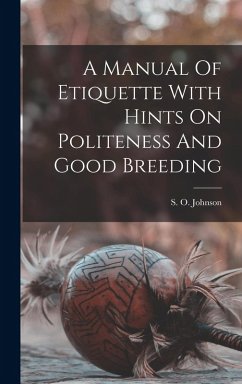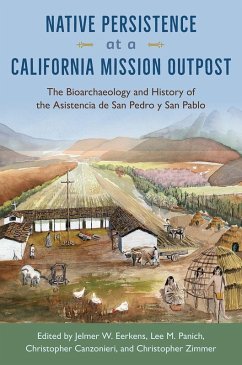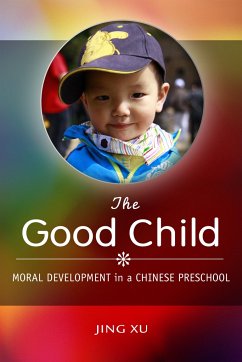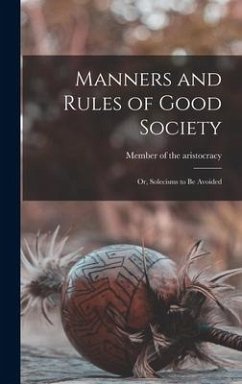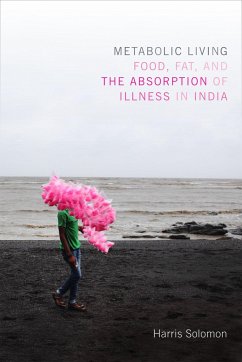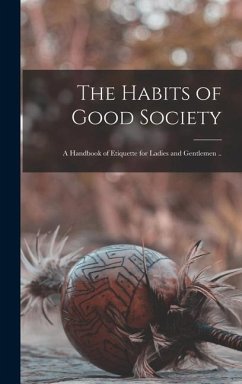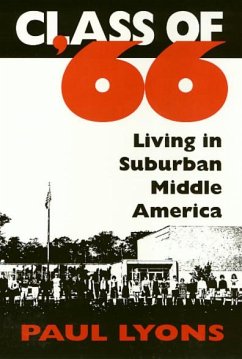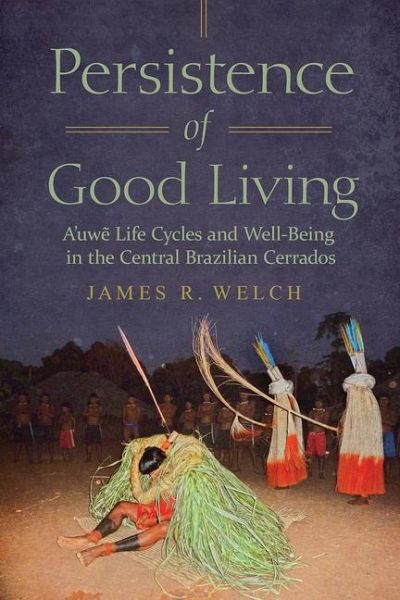
Persistence of Good Living
A'Uwe Life Cycles and Well-Being in the Central Brazilian Cerrados
Versandkostenfrei!
Versandfertig in über 4 Wochen
65,99 €
inkl. MwSt.
Weitere Ausgaben:

PAYBACK Punkte
33 °P sammeln!
For the Indigenous A'uwẽ (Xavante) people in the tropical savannas of Brazil, special forms of intimate and antagonistic social relations, camaraderie, suffering, and engagement with the environment are fundamental aspects of community well-being. In this work, the author transparently presents ethnographic insights from long-term anthropological fieldwork in two A'uwẽ communities, addressing how distinctive constructions of age organization contribute to social well-being in an era of major ecological, economic, and sociocultural change.



